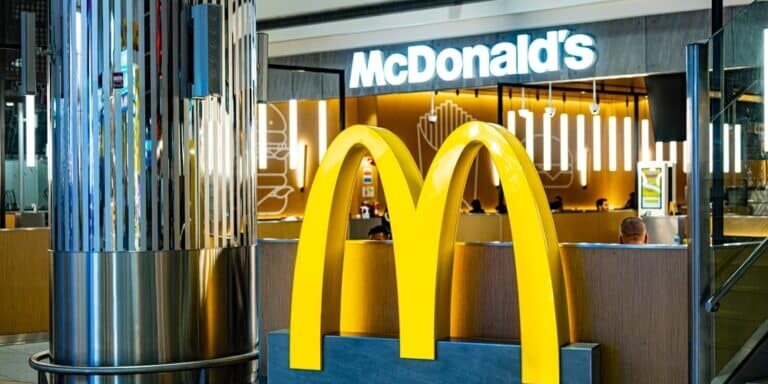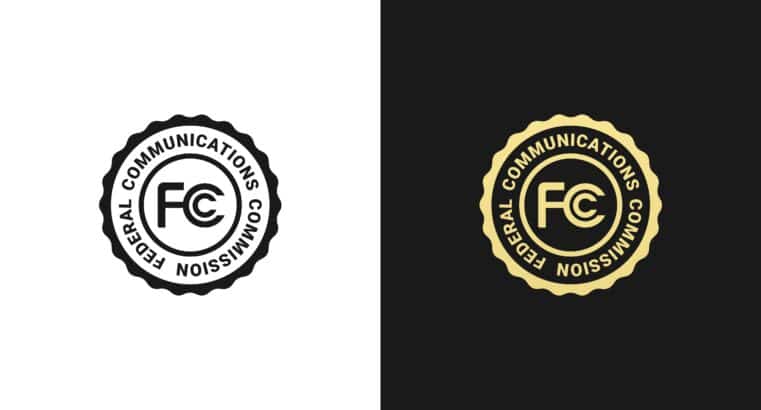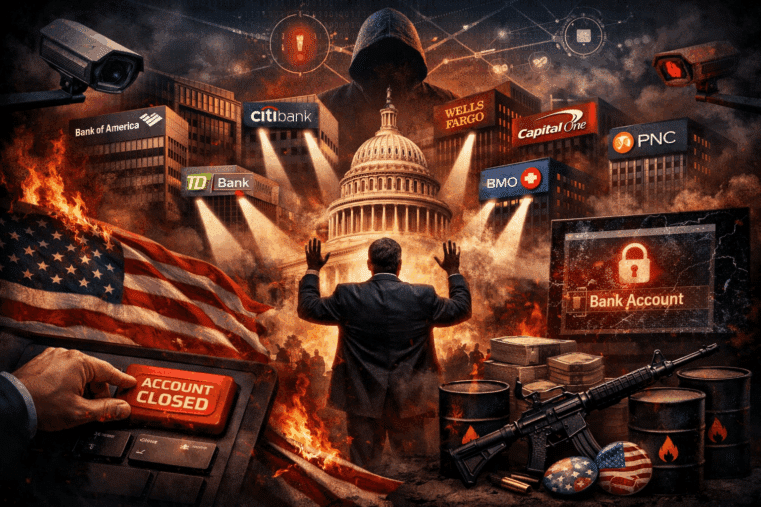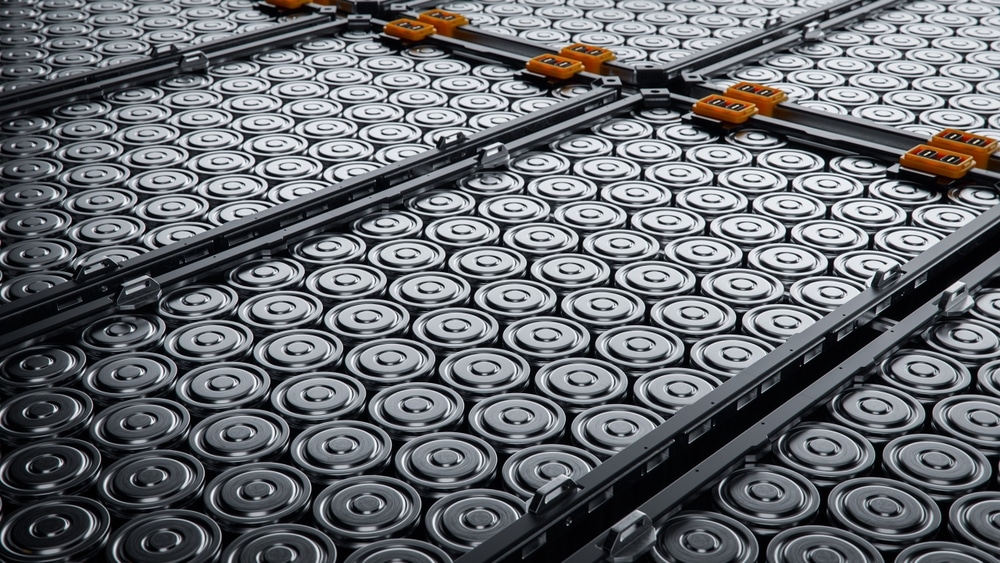
When Even McDonald’s Is Out of Reach: The “Two-Tier Economy” Is Already Here
Fast Food Becomes a Luxury for the Working Class
When the CEO of McDonald’s—one of the most cost-conscious brands in American consumer history—warns that lower-income Americans are skipping meals because of rising prices, it’s not just a throwaway soundbite. It’s a five-alarm fire.
Chris Kempczinski’s comments this week on CNBC paint a grim picture: traffic among lower-income customers is down double digits. The same people who once found refuge in the Dollar Menu are now either skipping breakfast or eating at home out of necessity. McDonald’s response? A relaunch of its Extra Value Meals to try and lure them back with modest discounts.
Let’s be crystal clear about what this signals. When a multinational fast-food chain is forced to redesign its entire pricing structure just to reach consumers who used to be its core demographic, we are not living in a healthy economy—we are living in a rigged one.
The Rich Are Traveling—The Poor Are Skipping Breakfast
Kempczinski doesn’t mince words. “If you are upper-income, earning over $100,000, things are good... You’re seeing international travel, stock markets near all-time highs.”
Meanwhile, the middle- and lower-income brackets are being crushed. Not hypothetically. Not down the road. Now.
This is what economists and bureaucrats in Washington like to label as "income inequality"—as if it’s a benign spreadsheet entry. But to the family deciding between fuel and food, it’s not inequality—it’s economic suffocation.
We’ve been conditioned to believe that rising markets mean prosperity. But as the S&P climbs, grocery bills soar, rents spike, and wages stagnate. What Kempczinski is describing isn’t a temporary dip—it’s a structural failure. And the fact that people are cutting meals from their day should be the headline, not the stock price of McDonald’s.
Inflation Isn’t a Policy Problem—It’s a Policy Outcome
Here’s the uncomfortable truth the financial press doesn’t want to talk about: this isn’t a fluke. It’s the predictable result of years of monetary manipulation and reckless fiscal policy.
The Federal Reserve has printed trillions, inflated asset bubbles, and devalued the purchasing power of every dollar in circulation. Meanwhile, Congress and the White House—under both parties—have run trillion-dollar deficits like it’s Monopoly money. The working class pays the price in silent, invisible taxes—what we call inflation.
So now, even McDonald’s is rebranding affordability, trying to offer “value ladders” to people who might literally only have a few dollars in their pockets. That’s not a strategy—it’s a survival tactic in an economy that’s failing its foundation: the producers, the servers, the builders, the savers.
What the Elite Call Recovery, the Poor Call Starvation
Let’s stop pretending this is some sort of transitional moment. When people are skipping breakfast to balance their budgets, it’s not because they’ve “adjusted spending priorities”—it’s because they’re out of options.
The political class doesn’t feel this. The investor class certainly doesn’t. They’re shielded by rising portfolios, political insulation, and corporate bailouts. But regular Americans? They’re getting squeezed from both ends—wages can’t keep up, and prices won’t come down.
This is how a two-tier economy functions. The top tier consumes and invests, inflating the illusion of growth. The bottom tier—stripped of real savings, real income, and real opportunity—spirals into a cycle of dependency, debt, and despair.
What You Can Do While the System Implodes
If you’re reading this, you’re likely not surprised. You’ve already seen the warning signs—bank closures, inflation spikes, rising surveillance, and central bank overreach. But knowledge isn’t enough. Action is.
Start by opting out of the systems designed to exploit you. That means:
- Holding tangible assets like gold and silver.
- Converting some savings to decentralized cryptocurrencies.
- Cutting exposure to major banks that treat depositors like liabilities.
To get started, download Bill Brocius’ free guide, 7 Steps to Protect Your Account from Bank Failure. It’s practical, accessible, and written for people who are tired of waiting for help that’s never coming.
Then, if you’re serious about securing your future, subscribe to Bill’s Inner Circle Newsletter for just $19.95/month. It's where you'll get real-time strategies, macroeconomic breakdowns, and the unfiltered truth about what’s coming next.
🔒 Your Next Steps:
- 📘 Download Bill's Free Guide:
7 Steps to Protect Your Account from Bank Failure - 📩 Subscribe to the Inner Circle Newsletter – $19.95/month:
Join Bill Brocius’ Inner Circle - 📖 Read Bill’s Eye-Opening Book:
The End of Banking As You Know It – Available Now
If breakfast is becoming a luxury, ask yourself: what’s next?
Stay sharp. Stay solvent. And never wait for Washington to fix what it broke.










